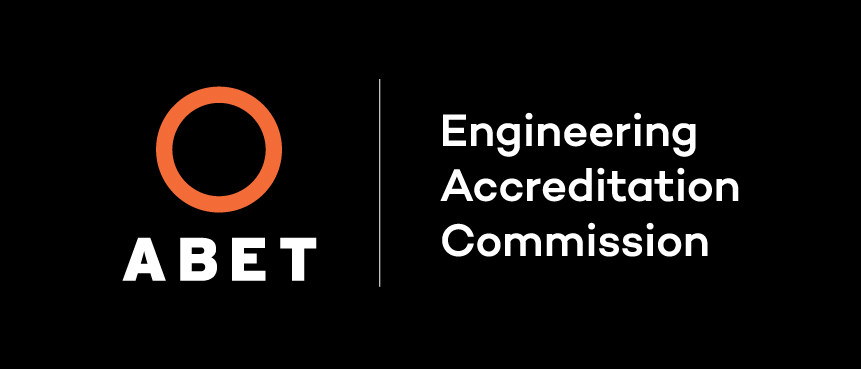MISSION, VISION, ABET

ITU Electronics and Communication Engineering Undergraduate Program: , Accredited by the Engineering Accreditation Commission (EAC) of ABET
, www.abet.org (Criteria: Electrical and Electronics, Communications).
MISSION
The mission of the Electronics and Communication Engineering (ECE) Department is to provide education for those students who are able to compete internationally, able to produce creative solutions to the society's needs, conscious to the universal moral values, adherent to the professional ethical code, and to generate and disseminate knowledge and technologies essential to the local and global needs in the field of electronics and communication engineering.
VISION
The vision of the Electronics and Communication Engineering (ECE) Department is to become a nationally and internationally leading institution of higher learning, building upon the culture and the values of universal science and contemporary education, and a center of research and education generating the knowledge and the technologies which lay the groundwork in shaping the future in the fields of electronics and communication engineering.
- Understand science and engineering principles, and use these principals with modern engineering tools to design engineering systems,
- Continuously expand their knowledge and skills, to conduct advanced research and to develop novel technologies in electronics and communication engineering,
- Have self confidence and communication skills to serve at national and international levels, to build successful careers,
- Have professional awareness for ethical and social issues.
- An ability to apply knowledge of mathematics, science, and engineering to Electronics and Communication Engineering problems
- An ability to design and conduct experiments, and to analyze and interpret gathered data
- An ability to design a system, component, or process to meet desired needs within realistic constraints such as economic, environmental, social, political, ethical, health and safety, manufacturability, and sustainability
- An ability to function on multi-disciplinary teams
- An ability to identify, formulate, and solve Electronics and Communication Engineering problems
- An understanding of professional and ethical responsibility
- An ability for effective communication
- An ability to understand and correctly interpret the impact of engineering solutions in a social/global context
- An ability to engage in life-long learning to follow developments in Electronics and Communication Engineering
- A knowledge and understanding of contemporary issues
- An ability to skillfully use modern engineering tools and techniques necessary for engineering design, analysis and applications
- A recognition of the need for quality
- An ability to function individually as well as part of a team
Electronics and Communication Engineering Undergraduate Program
Annual Enrollment and Graduation Data
| Enrollment Data | Graduation Data | ||
|---|---|---|---|
| Academic Year | Number of Students | Graduation Year | Number of Graduates |
| 2018-2019 | 2019 | ||
| 2017-2018 | 237 | 2018 | 149 |
| 2016-2017 | 221 | 2017 | 159 |
| 2015-2016 | 209 | 2016 | 158 |
| 2014-2015 | 172 | 2015 | 103 |
| 2013-2014 | 172 | 2014 | 22 |
| 2012-2013 | 176 | 2013 | 4 |
| 2011-2012 | 176 | -- | -- |
| 2010-2011 | 173 | -- | -- |
